174 CD / Hommage à Schostakowitsch
Description
"The three savour their respective technical challenges but never lose sight of the totality and, with verve, are able to give the right emphasis to the beautiful sound and to the biting musical language." (Ensemble)
6 reviews for 174 CD / Hommage à Schostakowitsch
You must be logged in to post a review.

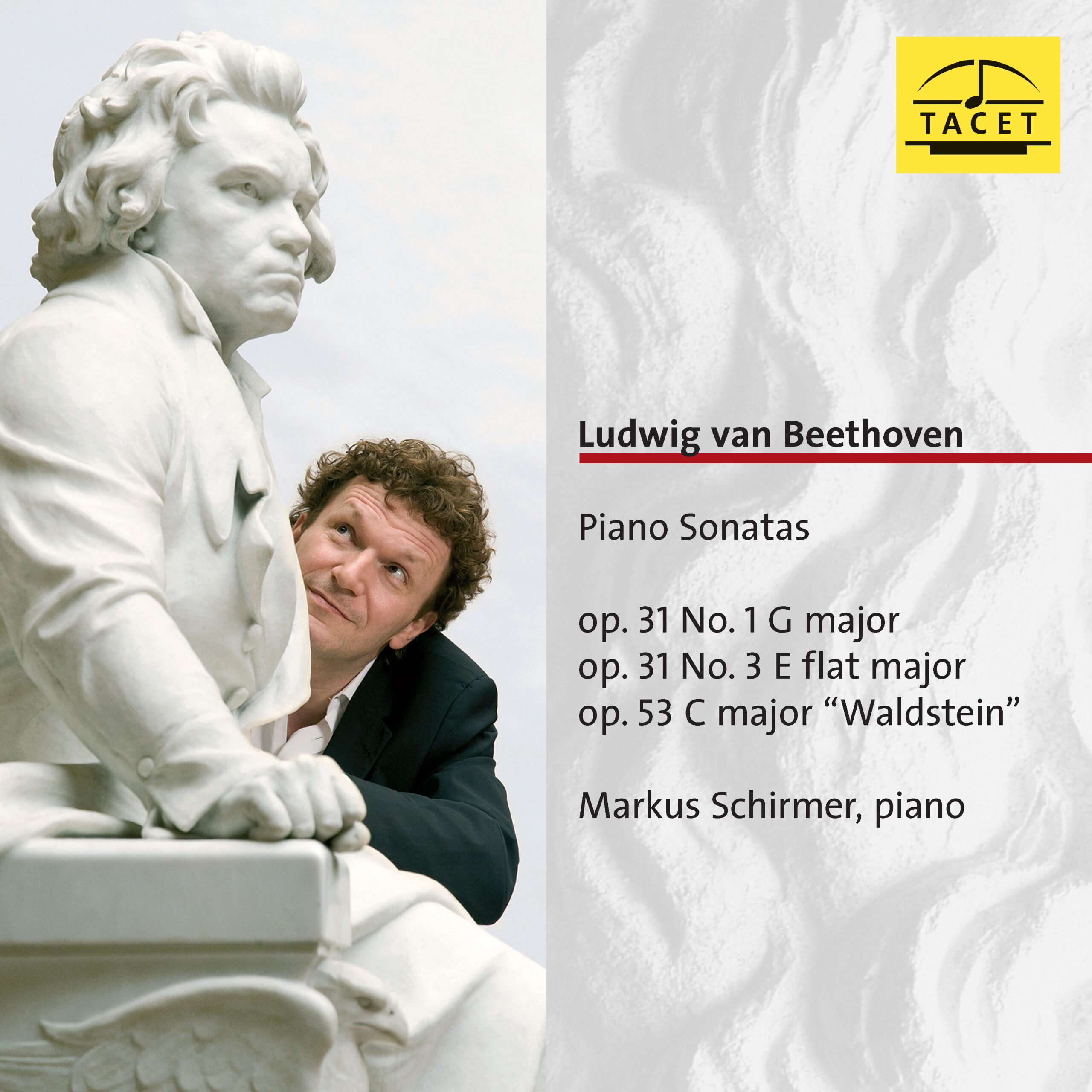
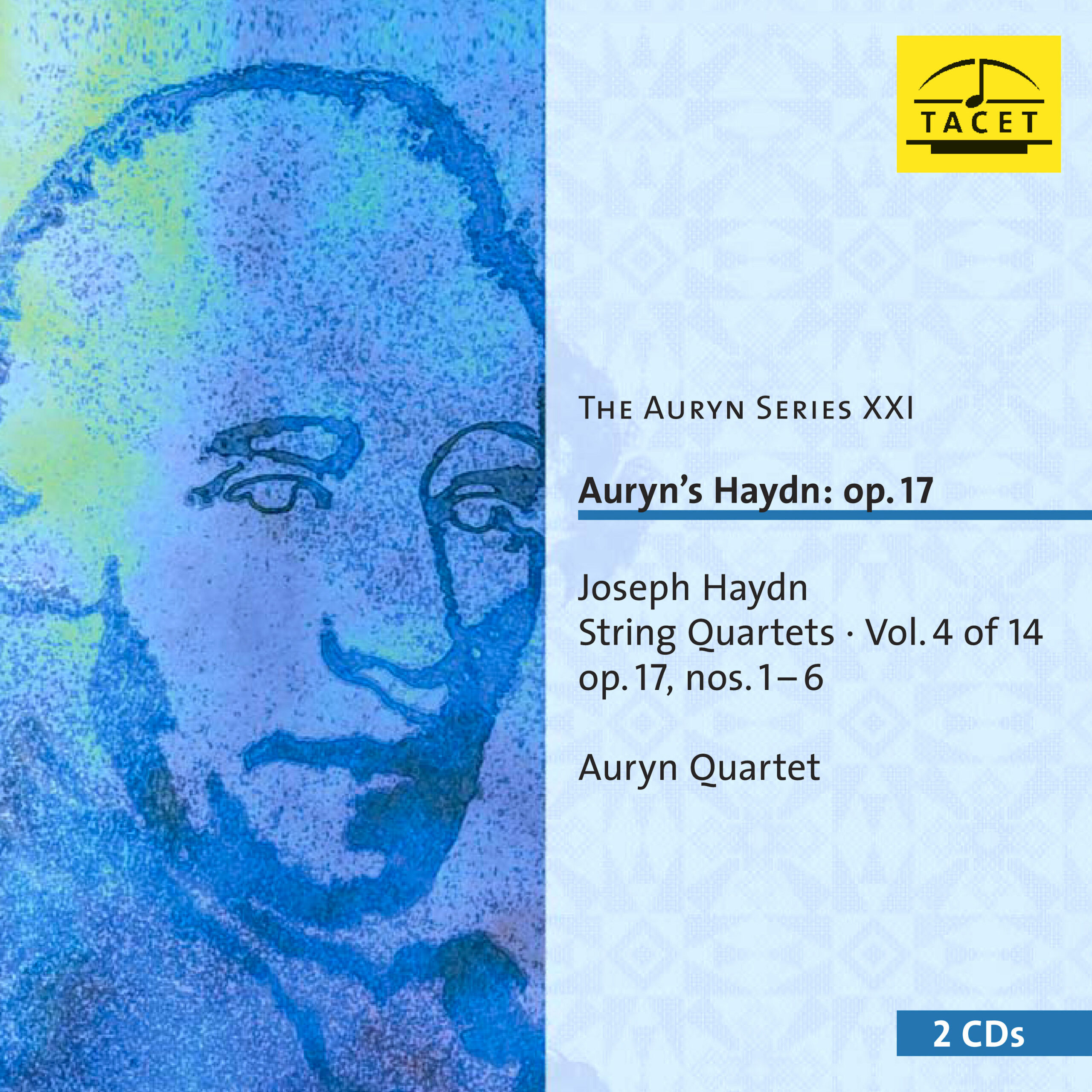
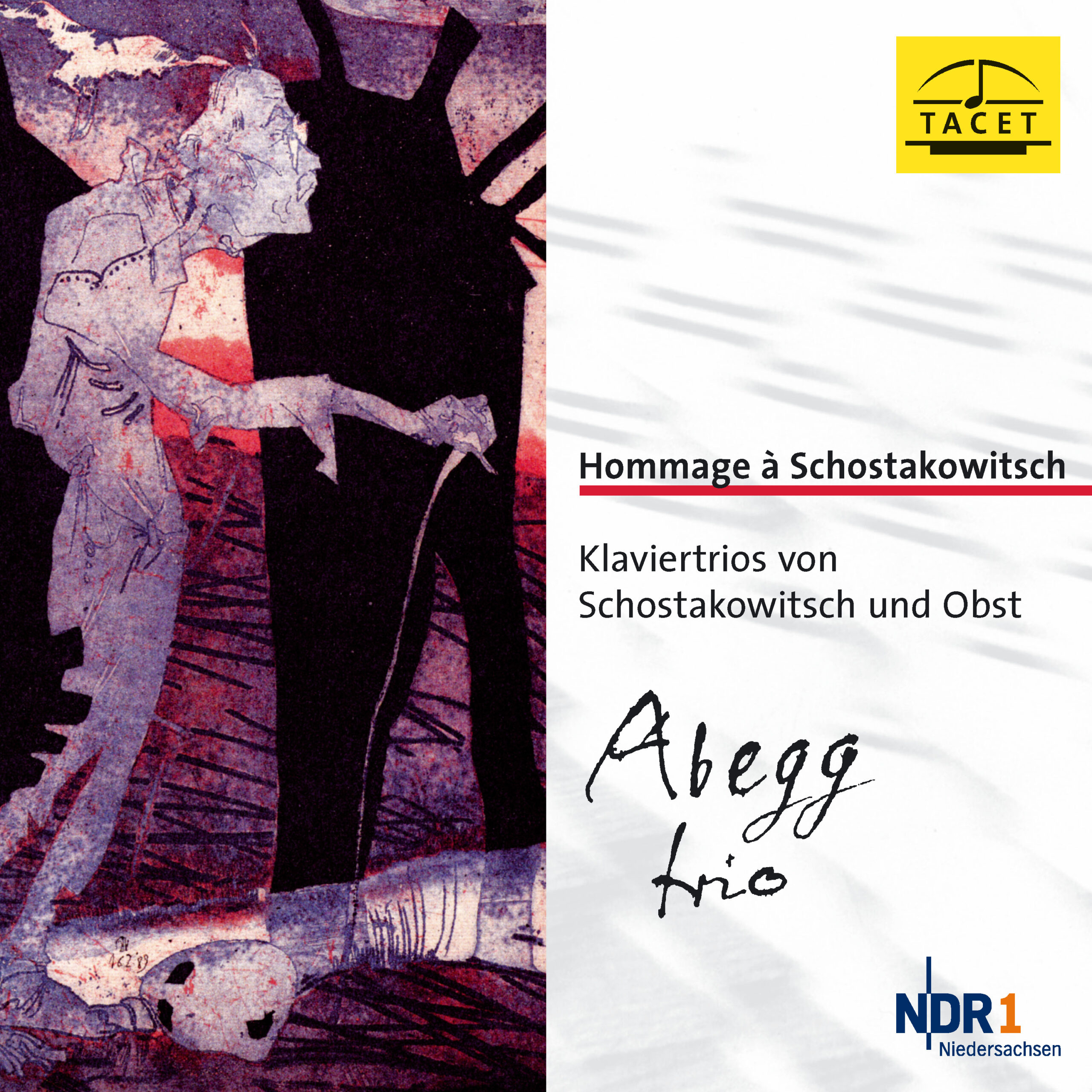
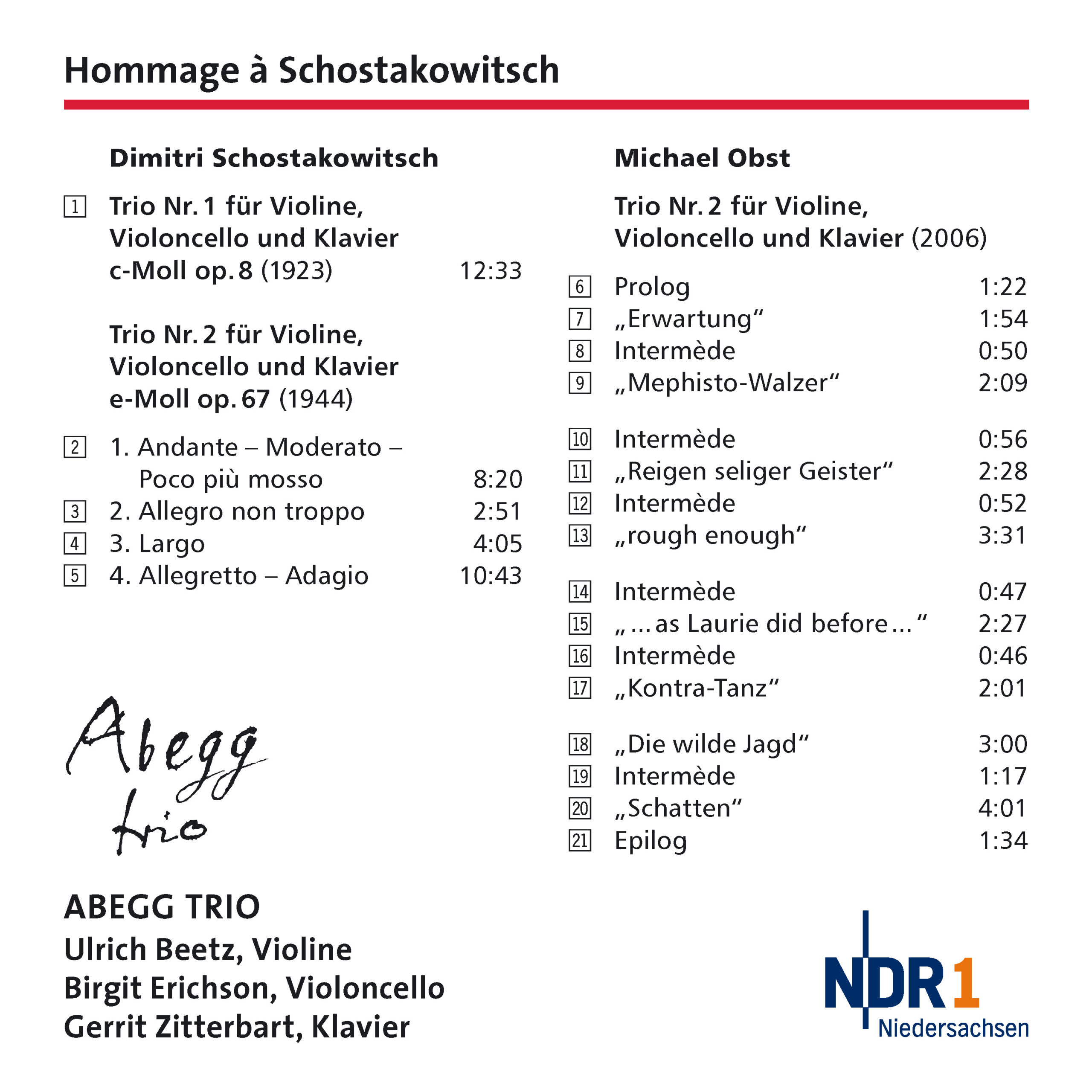
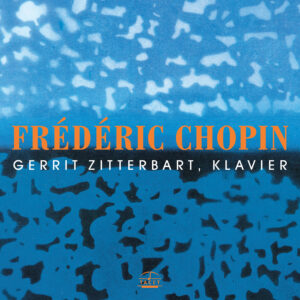
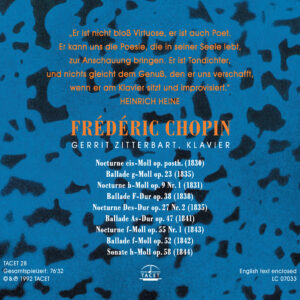
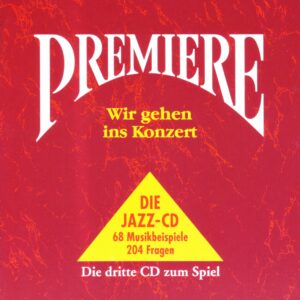

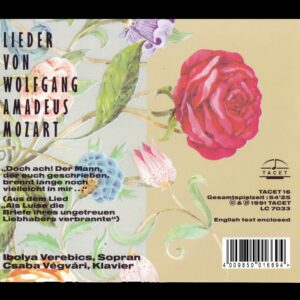
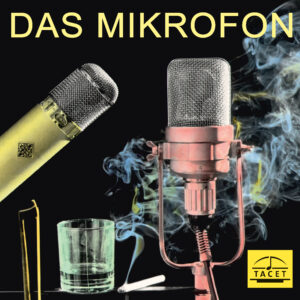
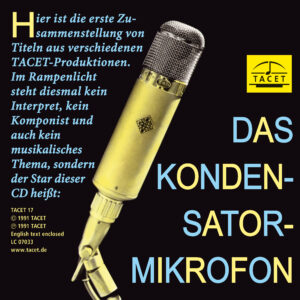
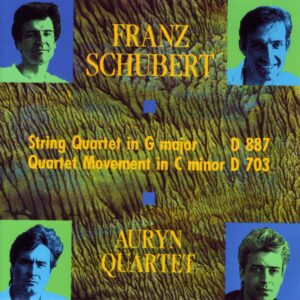
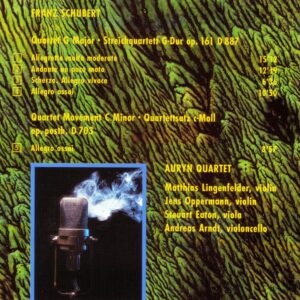
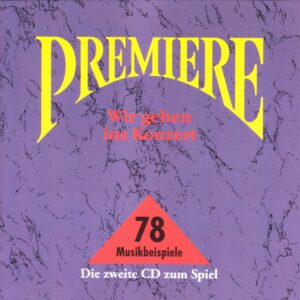
Pforzheimer Zeitung –
With energy, exuberance, and a sense of irony, the trio approaches Shostakovich’s first work, while the mature second trio is marked by transparency and precision. (…) A real discovery is Michael Obst’s Second Piano Trio (…) Here, the Abegg Trio pulls out all the stops of their great ensemble artistry. Absolutely worth hearing.
Thomas Weiss
Fono Forum –
In this recording, the Abegg Trio delivers an interpretation of Shostakovich’s youthful Piano Trio No. 1 that is thoroughly captivating: full of temperament and energy, with an unfailing instinct for both the lush, late-Romantic character of the music and the many small provocations that already hint at the composer of the First Symphony and The Nose. (…)
Thomas Schulz
Pizzicato –
On this TACET CD, the Abegg Trio presents us with a highly compelling interpretation of Shostakovich’s two piano trios, Op. 8 and Op. 67, pairing them with the equally fascinating Trio No. 2 by Michael Obst, composed in 2006. The Abegg Trio performs the Shostakovich works with precise sensitivity to the tragic and the macabre, to irony and pain. In doing so, the three musicians strike the ideal balance between musical devotion and objective reflection. It is above all this objective approach that avoids any form of bias and serves solely the pursuit of musical truth. With technical brilliance and the highest level of musical dialogue, the Abegg Trio offers a true reference recording of works that, especially through Russian interpretations, have often been subjected to a somewhat one-sided reading.
Michael Obst (Jahrgang 1955) sieht sein Trio als Hommage an Shostakovich. Die Musik, die immer wieder auf die Musik des russischen Komponisten verweist, bedient sich aber auch anderer Elemente aus der Musikgeschichte, wie z.B. dem Jazz und der minimalistischen Musik. Auch hier lässt das Abegg-Trio äußerste Sorgfalt walten und weiß sich der Verantwortung als Widmungsträger mit größtem Engagement zu stellen.
Steff
Audiophile Audition –
A very fine reading of the trios and an interesting new work as well.
Though the young nineteen year-old Shostakovich underwent some tough times in his youth, the dedication of his first Piano Trio to Tatiana I. Gliwenko betrays his lovelorn affection for a girl that was to keep him in her heart for all her days. He always considered himself the ugly ducking with her, especially with his scholarly yarn and overly-wrought spectacles. But she saw him as full of innate charm and innocence and stated that it was "impossible not to like him." The trio, though full of his doting and ambiguous Neapolitan sixths, ends up resolving into a glorious A-major, and the trio as a whole finds a place in the hearts of anyone who loves happy endings.
The second Trio is a little different; like so many others, this one also had its origins in the midst of profound tragedy. Shostakovich’s best friend and companion, Ivan Sollertinski, died prematurely at the age of 41, sending the composer into a fit of inconsolable grief. Six months after the death of his friend, he was finally able to complete the trio that had been begun on the very day of demise. The calm, banal, and deceptively controlled work in actually masks a very serious and even disturbing view of life. It pretends as a portrayal of the deceased, yet in reality expresses far more than that; the delirious dance and the end mocks death and then transforms into an almost psalm-like quietude.
Michael Obst (b. 1955) uses Shostakovich’s initials as the basis for this extended trio (d-es-c-h). It is preceded by a prologue and runs through eight sections interrupted by short interludes. The music is Shostakovich-like while also offering a unique voice, as a man attempting to be another composer but unable to shed his own identity. It is a fine tribute and a piece that deserves wider attention.
The Abegg Trio compared to a recently reviewed disc on Coviello Classics is much more astringent and ascetic in their approach. The sound cannot match that of the Trio-Miniaturen on Coviello because of the format, but this Tacet recording—and they are usually superb—comes across as an exceptionally clean and inspired reading. Easily recommended to those who need the coupling.
Steven Ritter
Ensemble –
The Abegg Trio has preserved its joy of playing and spirit of discovery. On the occasion of its 30th stage anniversary, composer Michael Obst dedicated his Trio No. 2 to the ensemble. The initials of Dmitri Shostakovich — which the composer himself used meaningfully, for example in his String Quartet No. 8 — serve here as the foundational motif. From this, Obst develops “8 Musical Reflections on Dmitri Shostakovich.” That the Abegg Trio is an exceptionally well-balanced ensemble is demonstrated in their performances of the Shostakovich trios. With virtuosity, the three musicians explore the technical challenges of each piece while never losing sight of the work as a whole. They skillfully balance tonal beauty and biting expressiveness, lending each the appropriate weight with passion and precision.
Anja Renczikowski
Klassik heute –
Once again, we owe the Abegg Trio thanks for combining (relatively) well-known repertoire with a work of the most recent vintage (2006!) — or, more precisely, for forging a deep musical and conceptual connection between them. To the two piano trios by Shostakovich — Op. 8, a gripping, breathless example of euphoric, post-Romantic chamber music from 1923! — and the profound Trio Op. 67, Ulrich Beetz, Birgit Erichson, and Gerrit Zitterbart add a work by their Weimar university colleague Michael Obst (*1955). Obst’s multi-movement trio was conceived in the spirit of Shostakovich and, like Shostakovich himself often did, it draws on his initials — D. Sch. — and the related notes D–E♭–C–B (D–Es–C–H in German notation). Obst discusses his trio extensively in the booklet — in this case, a real aid to understanding, as the “mottos” he assigns to each of the 16 movements, some as brief as 4 minutes, help place the listener closer to the composer’s intent. Titles such as Mephisto Waltz and The Wild Hunt reflect — without mimicking the original ferocity — corresponding Lisztian passages from the Faust legend and the world of virtuosic études (No. 8!). These musical allusions, combined with inserted zones of repose (five “Intermèdes”), result in a subtly shimmering image of compositional retrospection and a careful, never shocking contemporary idiom — one unafraid to reveal emotional depth within the interplay of three instruments. In this sense, Obst’s piece is indeed a fruit borne of the vast, branching tree of Shostakovich — just as composers like Schnittke, each in their own way, allowed the painful legacy, the aesthetic stillness and protest of their compatriot to flash forth in their own music again and again. In this same spirit, the Abegg Trio etches, shades, and chisels the two Shostakovich trios with a compelling blend of precision and passion. Never once do they lapse into trance, yet they show us how near these works sometimes come to the edge of musical self-forgetfulness.
Peter Cossé